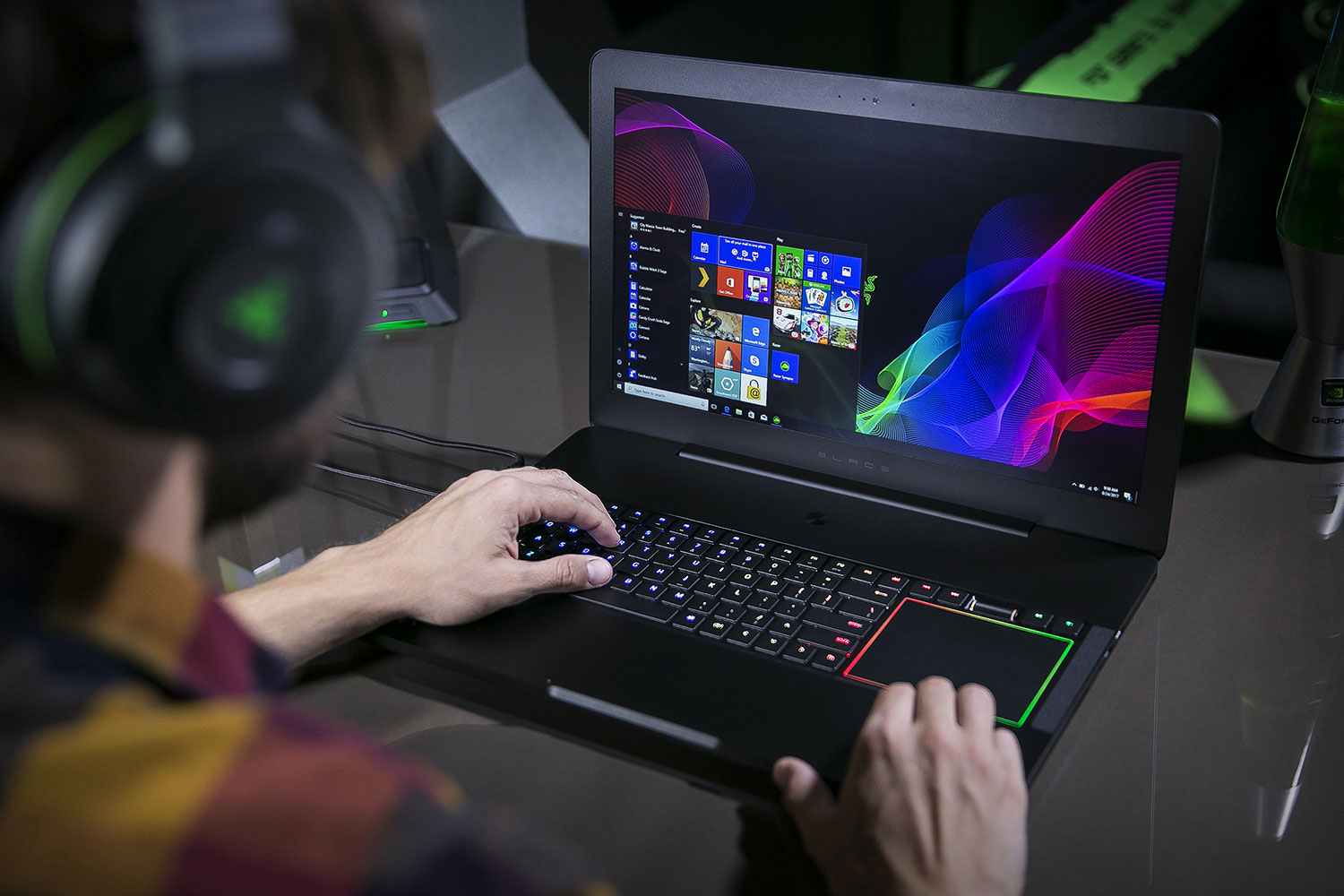Things To Consider Before Buying A Windows Gaming Laptop

Buying a new laptop is difficult enough with so many CPU options, screen sizes, and other factors, but when you’re searching for a windows gaming laptop, things become even more difficult. You may be perplexed by the terms DLSS and Ray Tracing. Perhaps you are unsure which display panel to select. You’re confused about the various types of graphic card terms and how they affect performance.
Find answers to these questions and more with our handy list of all the guidelines you should keep in mind while buying a gaming laptop.
- Operating System: Windows provides a simple experience along with offering amazing customization options. So, for a gamer who wants to get right to it, Windows is the way to go. However, when compared to other systems, Linux offers a higher amount of customization. Every day, the state of gaming on Linux improves. Numerous games can be run natively on Linux. Cuphead, League of Legends, and Minecraft: Java Edition are examples of games that run well on a Mac, but players will struggle to discover their favorite titles on macOS.
- Screen size: The majority of gaming laptops have a Full HD display. This is done to guarantee that the laptop you purchase works well and provides enough framerates without sacrificing quality. Your Windows gaming laptop‘s response time should be between 1 ms and 5 ms.
- Graphics: It is important to select the correct GPU for your Windows gaming laptop. Discrete graphics solutions are heavier and less portable, but they provide the finest gaming experience. Dedicated graphics have their resources and does not share memory in the form of VRAM with your Processor. This means that memory will only be used for gaming and other video-related operations.
- Random Access Memory (RAM): RAM is in charge of various tasks such as gameplay, opening multiple apps on a laptop, and much more. All of those apps consume memory. As a result, RAM comes in various sizes such as 4, 8, 16, 32GB, and so on. The more RAM you have, the more applications/games you can run at the same time. Most entry-level gaming laptops come with an 8GB stick of RAM that can be upgraded. 16GB is the best option for gamers that want to play their games while doing other things.
- Storage: Laptops typically have an SSD, HHD, SSHD, or a combination of these. An HDD has many advantages, but its read/write speed is substantially slower than that of an SSD. SSDs use electrical circuitry to read and write data at a much faster rate than HDDs. The term “SSHD” refers to a hybrid of a hard disc drive and a solid-state drive. An SSHD was created to combine the rapid transfer rates of an SSD with the vast amount of storage and low cost of an HDD.
When it comes to purchasing a windows gaming laptop, there are numerous possibilities. However, if you follow the advice above, you’ll be more informed the next time you browse the product page.